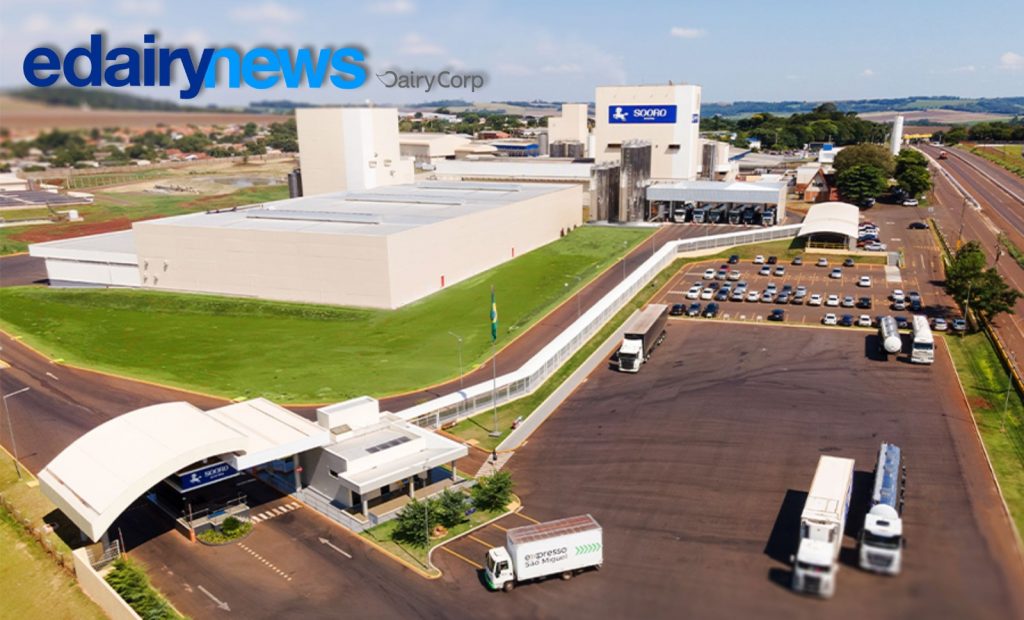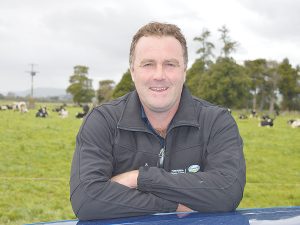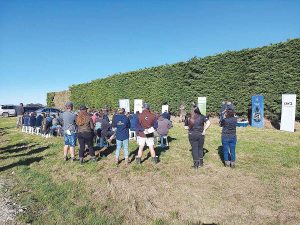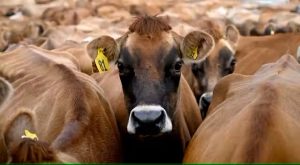
Sooro Renner, a leading name in Brazil’s dairy sector, has taken a strategic step forward by integrating Concen Lácteos into its operations.
This move not only consolidates its position as a significant player in the global dairy market but also sets the stage for its ambitions to compete on an international scale. With an investment of R$650 million in Francisco Beltrão, Paraná, the company aims to enhance its production capabilities for whey protein and lactose for infant formulas, marking a critical milestone in Brazil’s journey to becoming a global dairy powerhouse.
Drawing Parallels with New Zealand
For New Zealand, a nation synonymous with dairy excellence, the story of Sooro Renner presents both opportunities and challenges. While New Zealand has long been a leader in exporting milk powder and cheese, Brazil’s focus on diversifying its portfolio—with whey protein and lactose for infant formulas—signals a shift in global dairy dynamics.
New Zealand’s robust infrastructure, technological advancements, and strategic market access through trade agreements like CPTPP have cemented its position as a global leader. However, Brazil’s potential, backed by vast agricultural resources and strategic investments, could emerge as a strong competitor in key markets like Asia and the Middle East.
Impacts on Global Markets
The expansion of Sooro Renner aligns with the increasing global demand for high-value dairy products, particularly in Asia. Markets like China, already significant importers of New Zealand dairy, may diversify their sources to include Brazilian suppliers, leveraging Brazil’s growing presence in the BRICS economic bloc. This collaboration could reshape trade flows and potentially challenge New Zealand’s dominance in some segments.
Technology and Innovation: A Comparative Lens
Sooro Renner’s new facilities in Paraná will produce 40,000 tonnes of lactose and 12,000 tonnes of whey protein annually, employing cutting-edge technology to enhance efficiency and sustainability. For New Zealand readers, this raises the question: how do these innovations compare to the advancements made by Fonterra and other industry leaders? While New Zealand has pioneered sustainable farming practices and product innovation, Brazil’s investments indicate a determination to close the gap and compete on a level playing field.
The Role of Sustainability
Environmental sustainability is a pressing concern for the global dairy industry, and both Brazil and New Zealand face scrutiny over their production methods. While New Zealand has implemented measures to reduce its carbon footprint, Brazil’s vast natural resources provide an opportunity to implement sustainable practices that could make its dairy products more attractive to eco-conscious consumers. Highlighting these efforts would not only bolster Brazil’s market appeal but also set a benchmark for the industry.
Trade Policies and Market Opportunities
The return of Donald Trump to the US presidency adds another layer of complexity to global trade dynamics. With expected protectionist policies prioritizing domestic production, countries like New Zealand and Brazil must look to alternative markets. Brazil’s strengthened position within BRICS and its growing trade agreements with China offer new avenues for growth, potentially reducing reliance on traditional markets. New Zealand, with its established trade networks, could find opportunities in collaborating with or learning from Brazil’s recent strategic moves.
A Vision for the Future
As Cássio José Dall’Agnese, Corporate Manager of Raw Material Procurement of Sooro Renner, aptly stated, “With the technologies we are implementing, we are positioning ourselves as global reference suppliers.” This vision underscores Brazil’s ambition to transition from a domestically focused market to a global exporter. For New Zealand, this represents an opportunity to engage with a growing competitor, sharing insights and fostering a spirit of healthy competition that benefits the global dairy industry.
Conclusion: A Shared Journey in Dairy Excellence
Sooro Renner’s expansion is more than a milestone for Brazil; it is a wake-up call for the global dairy sector. As the industry evolves, the interplay between established leaders like New Zealand and emerging players like Brazil will shape the future of dairy on a global scale. Whether through competition, collaboration, or innovation, the ultimate winners will be the consumers who enjoy diverse, high-quality dairy products from around the world.
New Zealand, with its rich history of dairy excellence, has much to gain by closely monitoring Brazil’s progress. After all, in the ever-changing world of dairy, the best outcomes often emerge from learning and adapting to new challenges.
Valéria Hamann
EDAIRYNEWS

























